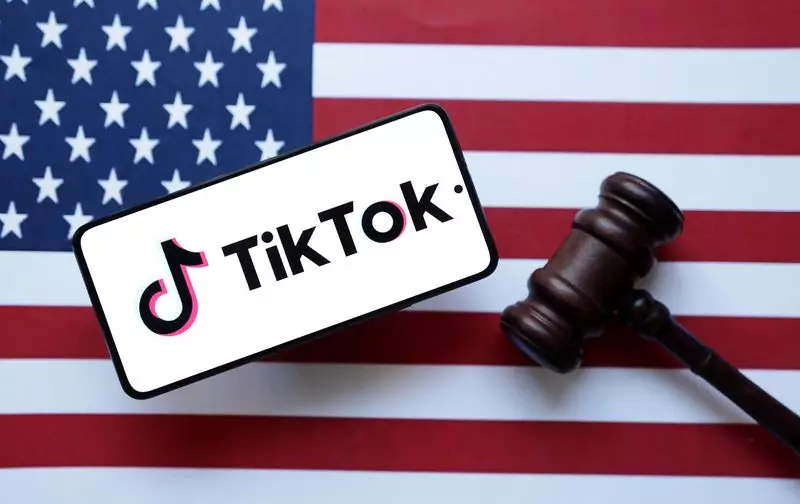The recent ruling by the U.S. Supreme Court has sent shockwaves through the social media landscape, particularly for TikTok. With an astounding 170 million users in the U.S. alone, the app faced a critical moment following legislation that demanded its parent company, ByteDance, consider divesting or risk a complete shutdown by January 19, 2024. This legislative action stems from deep-seated national security concerns associated with Chinese ownership of the platform. The implications of this ban stretch beyond individual users, affecting advertisers, content creators, and even the diplomatic climate between the U.S. and China.
User Impact and Alternatives
On the ground, TikTok users are facing abrupt changes. Even for those who have the app installed, access is restricted, thus effectively locking them out of the platform they have come to know and love. The inability to download or update TikTok through mainstream app stores like Apple’s and Google’s complicates matters further. There are reports that accessing TikTok via virtual private networks (VPNs) has been unsuccessful, leaving users scrambling for alternatives.
As these frustrated content creators advocate for followers to migrate to platforms like Instagram and YouTube, new competitors are likely to seize the opportunity. Apps such as RedNote, also known as Xiaohongshu in China, are poised to capitalize on TikTok’s absence. Social media dynamics are in constant flux, and this situation could herald a shift in where American users choose to invest their social media attention.
Advertisers on High Alert
The ripple effects of TikTok’s potential shutdown extend into the advertising ecosystem. With over $11 billion of annual ad revenue at jeopardy, marketers are caught in a frenzy, hurriedly adjusting their strategies in response to potential losses. Major advertising firms have branded this moment as a “hair on fire” scenario, indicative of the high stakes involved. Despite these pressures, TikTok has attempted to reassure advertisers by rolling out new tools designed to streamline the creation and modification of ads.
As companies monitor the advertising landscape post-DTikTok, there is significant interest in how other platforms like Meta and Snap will react. The analysts’ projections highlight a pivotal moment not just for TikTok, but for an entire marketing paradigm.
The TikTok ban is also a crucial point of concern for U.S.-China trade relations, which have been strained in recent years. The prospective shutdown could exacerbate existing tensions, drawing attention to the delicate interplay of technology, security, and bilateral relations. The prospect of an executive action from President-elect Donald Trump to safeguard TikTok during his tenure raises questions about the broader geopolitical ramifications.
Experts, like Sean Ennis from the University of East Anglia, suggest such a ban was anticipated given ongoing discussions surrounding the app for the past five years. Trump could leverage the TikTok situation to extract concessions from China, a maneuver that might serve as a tactical bargaining chip in more extensive trade negotiations.
The Search for Ownership Solutions
The buzz surrounding potential buyers for TikTok’s U.S. operations does not seem to dissipate. While TikTok has strongly asserted that it cannot be sold off from ByteDance, speculation persists. Billionaire Frank McCourt has highlighted that the platform could be valued at approximately $20 billion if separated from its algorithm. Interestingly, reports have surfaced regarding discussions between Chinese officials and Galaxy Media to potentially sell TikTok’s U.S. operations to Elon Musk.
Regardless of these whispers, TikTok continues to maintain that such reports are baseless. Nonetheless, the conversation surrounding the app’s ownership may influence its prospects, serving to underscore the complex nature of international ownership in the current geopolitical landscape.
As the ban takes effect, it is crucial to remain cognizant of the broader implications it holds for users, advertisers, and international relations. The rivalry between social media platforms and the possible power struggles over ownership could redefine the digital landscape in the U.S. In the meantime, content creators must pivot and adapt, exploring new avenues for engagement while grappling with the fallout from TikTok’s unprecedented challenges. How all these elements weave together will ultimately shape not only the future of TikTok but potentially the social media paradigm as a whole.

